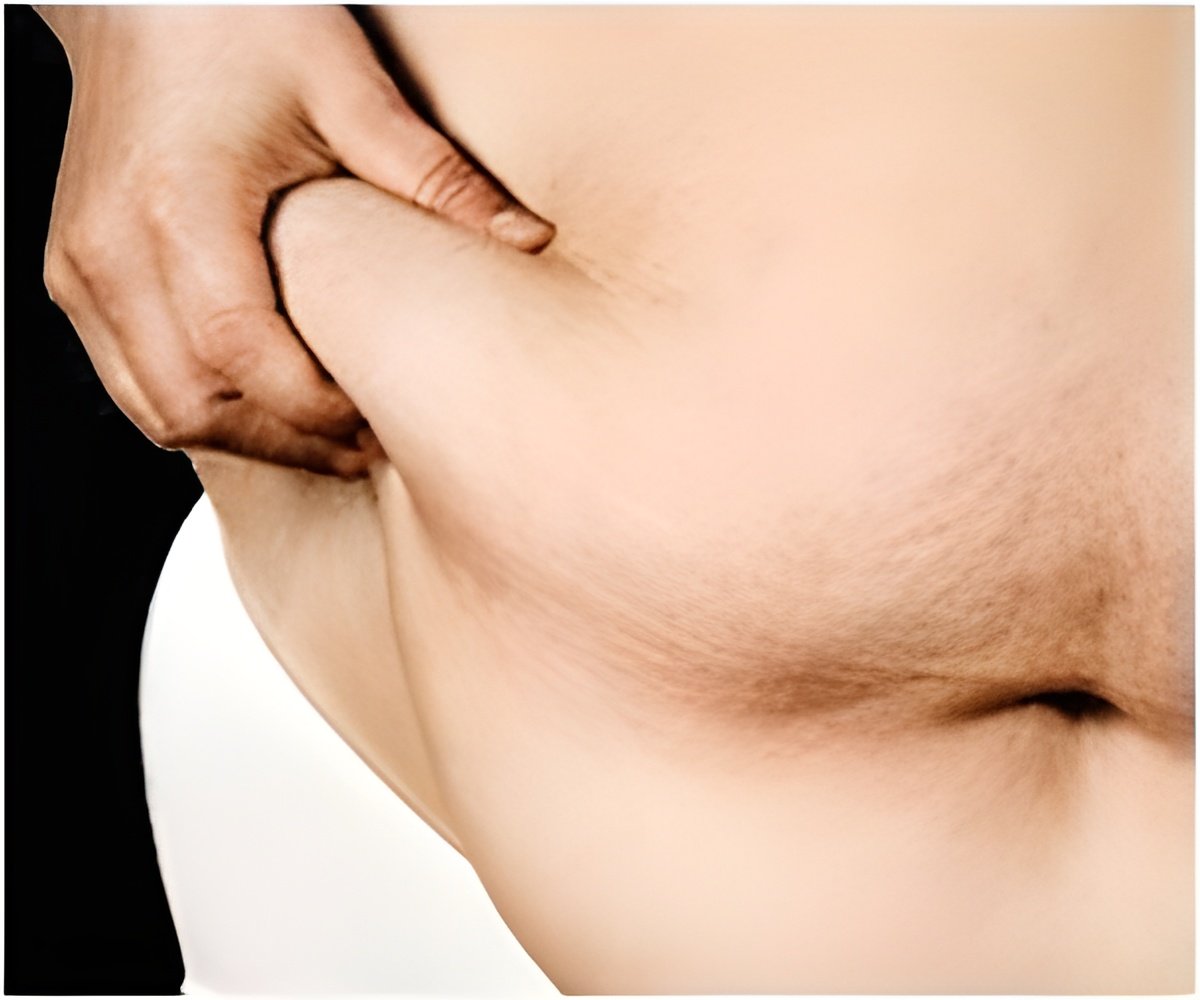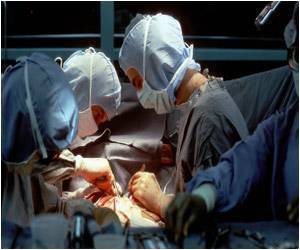According to Vanderbilt study, obesity boosts the risk of acute kidney injury following cardiac surgery.

The study, led by anesthesiologist Frederic T. (Josh) Billings IV, M.D., M.Sc., followed a sample of 455 cardiac surgery patients at Vanderbilt University Hospital and Brigham and Women's Hospital in Boston. Some 25 percent of the patients developed AKI after their procedure.
The study found that patients with a higher body mass index (BMI) had a much greater risk. After adjusting for several other risk factors, the odds of AKI increased a staggering 26.5 percent for every five-point increase in a patient's BMI.
Billings and colleagues used a statistical technique called mediation analysis to discover that oxidative stress could be the mechanism by which obesity influences acute kidney injury. Oxidative stress is the toxic overabundance of reactive oxygen species, brought on by excess generation or insufficient elimination.
"By identification of this mechanism, we now may be able to target intraoperative oxidative stress with the hope of reducing kidney injury following cardiac surgery. That may be particularly appropriate for obese individuals," Billings said.
The authors noted that the finding is "consistent with the hypothesis that oxidative stress partially mediates the association between BMI and AKI."
"I think we learned something really important by doing the mediation analysis," said biostatistician Jonathan Schildcrout, Ph.D., one of the study's authors. "You could have just examined the BMI and AKI association, and everybody would have said, 'OK, obese people have higher risk of AKI.'
"When you learn the mechanism, you can start to learn how to intervene to prevent the injury," Schildcrout said.
Source-Eurekalert















